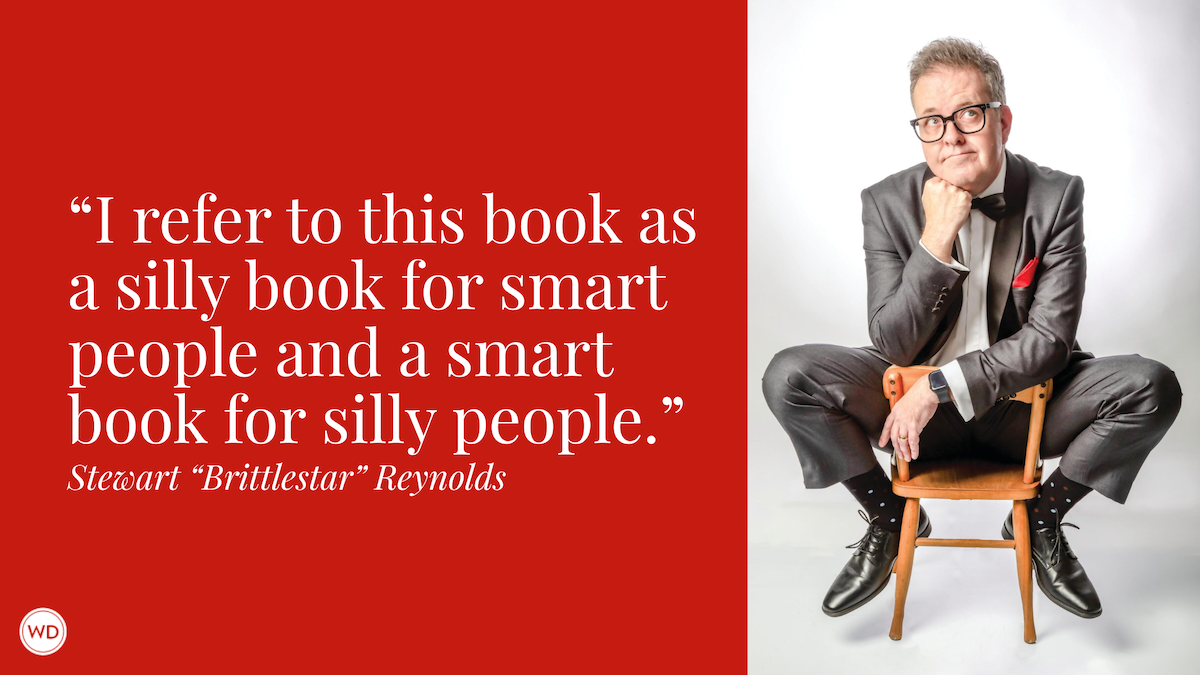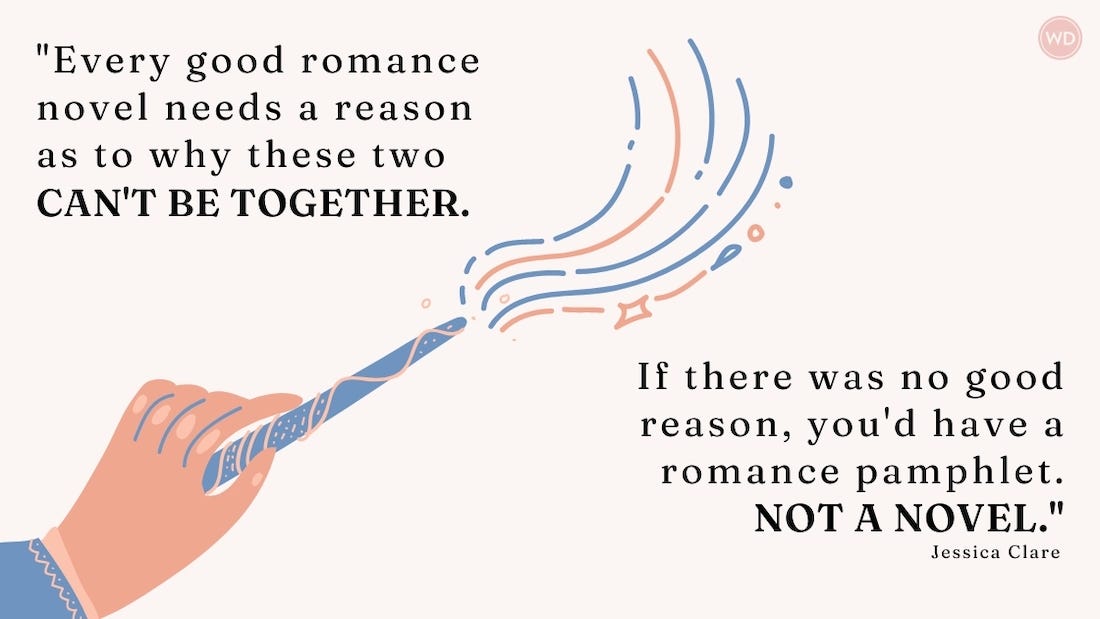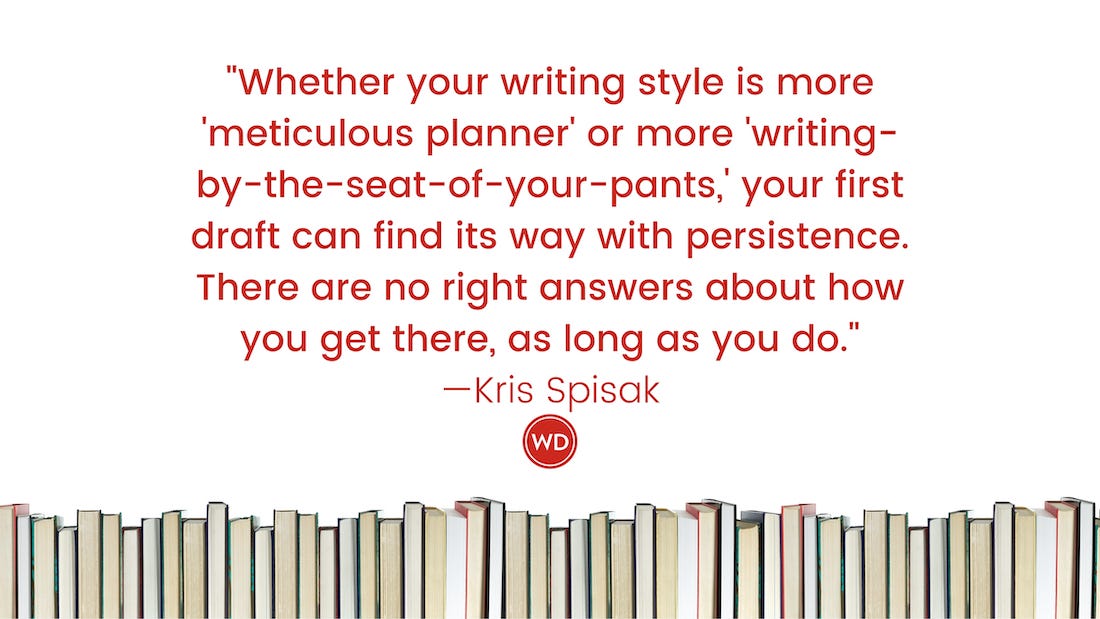Humor Phenom Justin Halpern’s (Sh*t My Dad Says) Uncensored Insights Into Writing
In 2009, Justin Halpern created a Twitter account to archive his father’s expletive-ridden words of wisdom. Within a month, @shitmydadsays was an Internet sensation. Halpern’s first book, Sh*t My Dad…
In 2009, Justin Halpern created a Twitter account to archive his father’s expletive-ridden words of wisdom. Within a month, @shitmydadsays was an Internet sensation. Halpern’s first book, Sh*t My Dad Says, a collection of essays about his father, is a No. 1 New York Times bestseller. He was also the creator/co-executive producer of “$#*! My Dad Says,” starring William Shatner.
In a spotlight interview featured in the September 2011 issue of Writer’s Digest, Halpern shared his insights on “humor” as a genre, the hardest part of writing humor, and much more. Here, the discussion continues in this online-exclusive bonus Q&A.
What's the No. 1 key to humor writing?
Honesty. I think it applies to both fiction and nonfiction humor writing. I know that sounds weird, but there are so many times that I'll read a piece of comedic fiction and it doesn't feel like the characters are making choices that feel real in the context of the world that’s been set up. That usually takes me out of whatever I'm reading and then it’s hard for me to enjoy the humor. Also, dick and shit jokes. Really close second.
What did you know about humor writing going into the Shit My Dad Says projects, and what have you learned from everything since?
Everything I had done leading up to Shit My Dad Says had involved humor writing. I had sold a couple comedy screenplays as well as written for a humor website. At that website, I wrote quite a few essays, so that was how I approached writing Sh*t My Dad Says. I just wanted to compile these stories about growing up with my father and I wanted people to be able to enjoy them individually, but also the entire book as a whole. What writing Sh*t My Dad Says taught me was that even when you're writing nonfiction, if what you're writing doesn't further the story or work thematically, it's not going to work in your book. I had quite a few stories that I thought were funnier than some of the stories in Sh*t My Dad Says, but thematically they just didn't work. I once shared that thought with my father, to which he replied, "You're not f**king Hemingway. It's a book about an old man that says shit and f**k." I actually think there's a lot of truth to that.
Swear words: Any advice or cautionary tales? Have you encountered any specific resistance to your work because of them?
I think there's a large section of the population who are turned off by them, and I totally get that. I'm not a guy who curses very much in my personal life. When I curse it sounds like a kid trying to be cool. But I think there are quite a few people, my father being one of them, who use curse words rather eloquently. I honestly feel like my father never says "f**k" just to say it. The only advice I can give is that I always think cursing should be motivated by the character or the situation, and if it is, it won't seem gratuitous. If you look at the movie Goodfellas, the characters curse every five seconds, but it feels like a part of who they are and their specific subculture. I've never heard anyone say, "There was too much cursing in Goodfellas." Again, I think if it feels honest, it works, and if it doesn't, it makes your writing look really, really lazy.
What humor writer do you most admire?
There are quite a few. Although Kurt Vonnegut may not be considered a "humor writer," Breakfast of Champions is one of the funniest books I've ever read. Phillip Roth is amazing. On TV, guys like Robert Smigel, Bill Oakley, Larry David, all have written and created things that have doubled me over with laughter. Online there are quite a few as well. I think Bill Simmons perfectly blends humor with interesting information. I would say if you looked at all of the work of the above, I've probably equally ripped them all off at some point without even knowing it.
Do you have any advice for those who aspire to break into a writing career via outlets like Twitter or other online venues?
The Internet has really democratized ideas. There are no real "gatekeepers" any more, because if you have a great idea, and you put it online, people will find it and it will get in front of who it needs to get in front of. So I guess my advice would be to create things that interest you and then share them online. I think the biggest mistake people make is trying to figure out the perfect marketable cocktail of ideas that they think will go viral. The bullshit meter on the Web is really strong.
Brian A. Klems is the former Senior Online Editor of Writer’s Digest, and author of Oh Boy, You’re Having a Girl (Adams Media/Simon & Schuster). Follow him on Twitter @BrianKlems.









